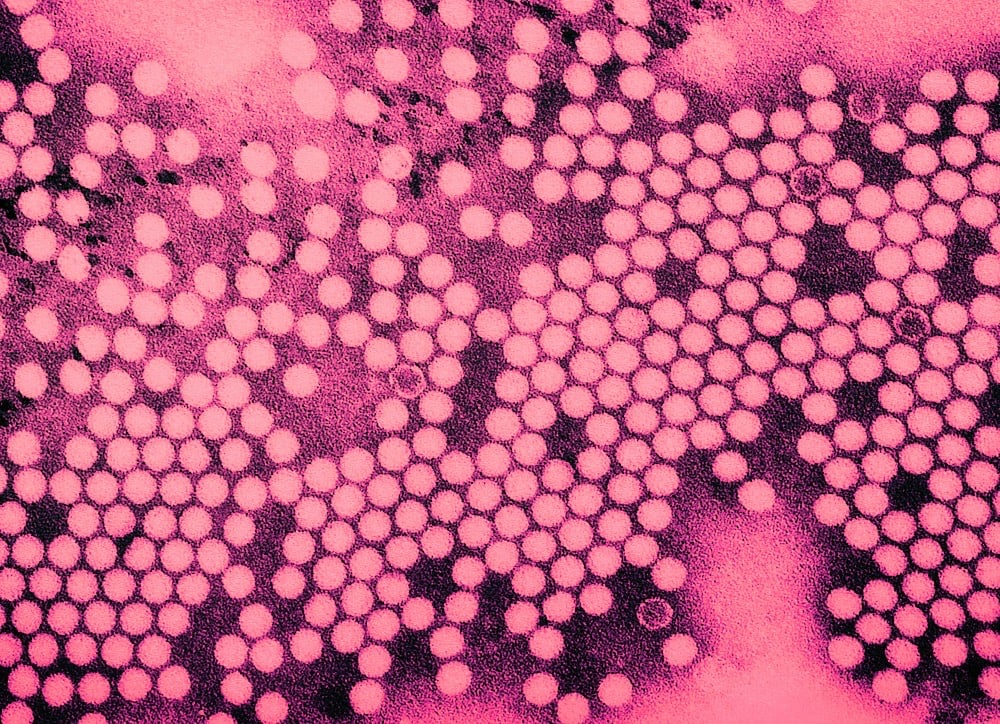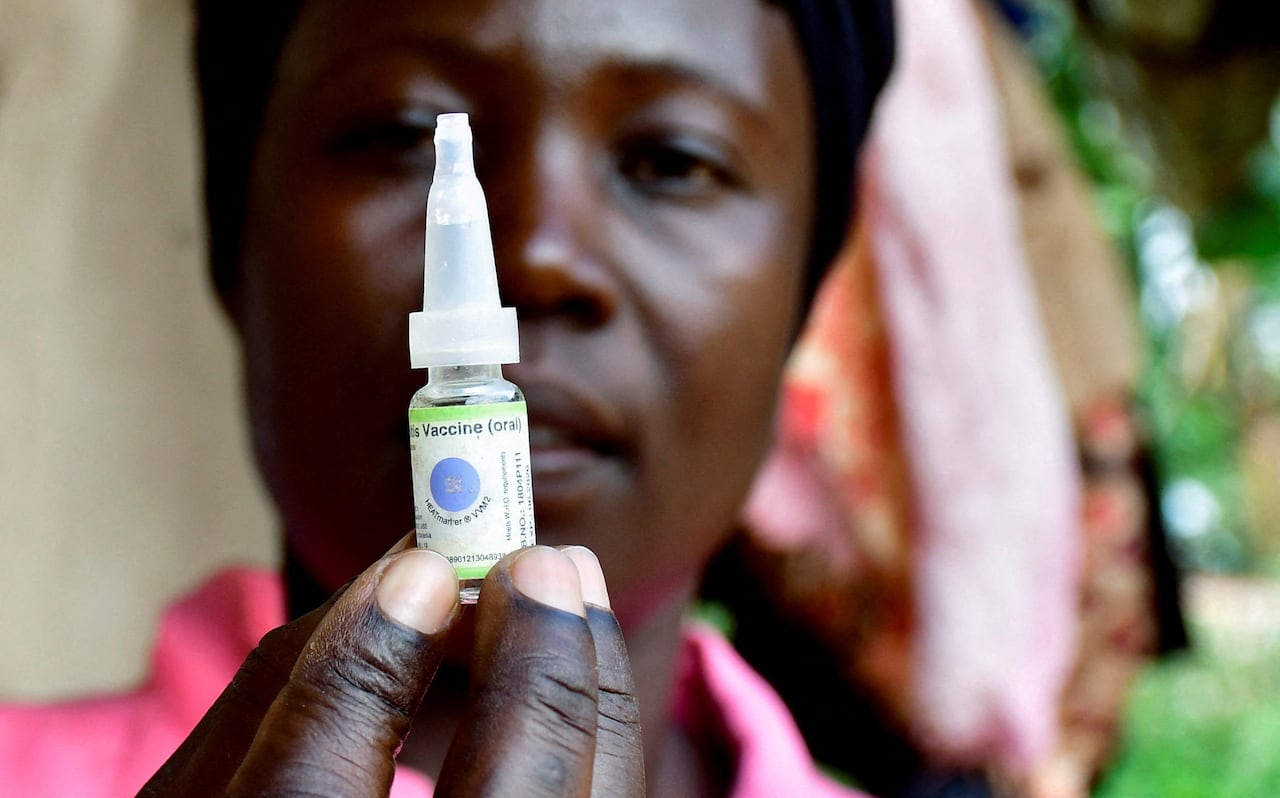Listen to this article
Estimated 5 minutes
The audio version of this article is generated by text-to-speech, a technology based on artificial intelligence.
German authorities on Thursday identified the northern city of Hamburg as the location where a sewage sample containing the wild form of the polio virus had been found.
The nation’s main public health body, Robert Koch Institute, or RKI, told Reuters on Wednesday that the wastewater test at an unspecified German location was positive for the wild polio virus, in a setback for efforts to rid the world of the deadly disease.
The findings came more than 30 years after the last cases of wild polio virus infections in people were registered in Germany and marked the first wild virus detection from environmental sampling in the country since this type of routine monitoring began in 2021.
Health authorities in the city of Hamburg, which is also one of Germany’s 16 regional states, said in a statement that they had convened an expert task force on infection control and would take more samples while co-ordinating closely with RKI.
But no infections have been reported, and experts say risk is limited, because vaccination against polio is widespread in Germany. Here’s what differentiates wild polio from the other form, and what the wastewater detection can tell us.
What is polio?
Polio, short for poliomyelitis, is an infectious disease that terrified parents worldwide for much of the first half of the 20th century. Affecting mainly children under five, it is often asymptomatic but can also cause symptoms like fever and vomiting.
Around one in 200 infections leads to irreversible paralysis, and among those patients, up to 10 per cent die. There is no cure, but it is preventable by vaccination, and case rates globally have decreased by 99 per cent since mass vaccination efforts began in 1988.

What about wild polio?
There are two forms of polio: wild polio and vaccine-derived or variant polio. Both can cause paralysis and death, but wild polio is rarer and now only endemic to Afghanistan and Pakistan, causing tens of cases annually. The strain found in German wastewater is linked to the strain circulating in Afghanistan.
The vaccine-derived form of the virus is more common, although still rare. It causes several hundred cases globally every year, mainly in countries such as Yemen and Nigeria.
This form of polio stems from the use of an oral polio vaccine containing weakened live virus.
After children are vaccinated, they shed virus in their feces for a few weeks. In under-vaccinated communities, this can then spread and mutate back to a harmful version of the virus. A newer version of this vaccine is being rolled out to reduce this risk.
As It Happens6:53Dangerous conditions halts final phase of polio vaccinations in northern Gaza
UNICEF and the World Health Organization have been working to administer polio vaccines to 640,000 children in Gaza. But now, intense Israeli bombardments and massive population displacement in the enclave’s north have put the final phase on hold. Jonathan Crickx, chief of communications for UNICEF Palestine, told As It Happens host Nil Köksal that over 119,000 children in the north cannot be immunized under current conditions.
While countries like Germany no longer use live polio vaccine, others — particularly where polio spreads more commonly — do, as it blocks transmission.
What does this detection mean?
Many countries in the world sample sewage to track the spread of polio. Germany’s detection is a sign that the system is working well, experts said.
There have also been no reports of infection in Germany and scientists say the risk is minimized by high vaccination coverage.
Detecting wild polio in the region is rare: it has not happened in Europe since 2010, the WHO said on Wednesday, although that only shows that it has not been detected, rather than that it was not there.
Other wild polio-free regions have seen more recent detections, or even outbreaks, when the virus was imported to different countries. For example, in 2022, Malawi and Mozambique experienced outbreaks where there were cases of wild polio in both countries after years without, also linked to the strain circulating in Pakistan.

What does it mean for the rest of the world?
The WHO and other partners, including the Gates Foundation, have been working with governments to end polio for decades. But despite major progress, finishing the job has proved challenging, and expensive. The partnership, called the Global Polio Eradication Initiative, is facing a 30 per cent budget reduction next year amid wider international aid cuts.
The GPEI said it serves chiefly as a reminder that the world should rally to finish the job of wiping out the disease.
Beate Kampmann, scientific director at the Center for Global Health at Germany’s largest university hospital, Charité in Berlin, said the finding also underscored the importance of vaccination.
“Polio anywhere means a potential risk of polio everywhere,” she told Reuters, adding that sustained funding for polio eradication was vital.
Experts say that anyone worried about polio should check with their health-care provider about their vaccination status, or their children’s, and make sure they have had the full dose schedule.






